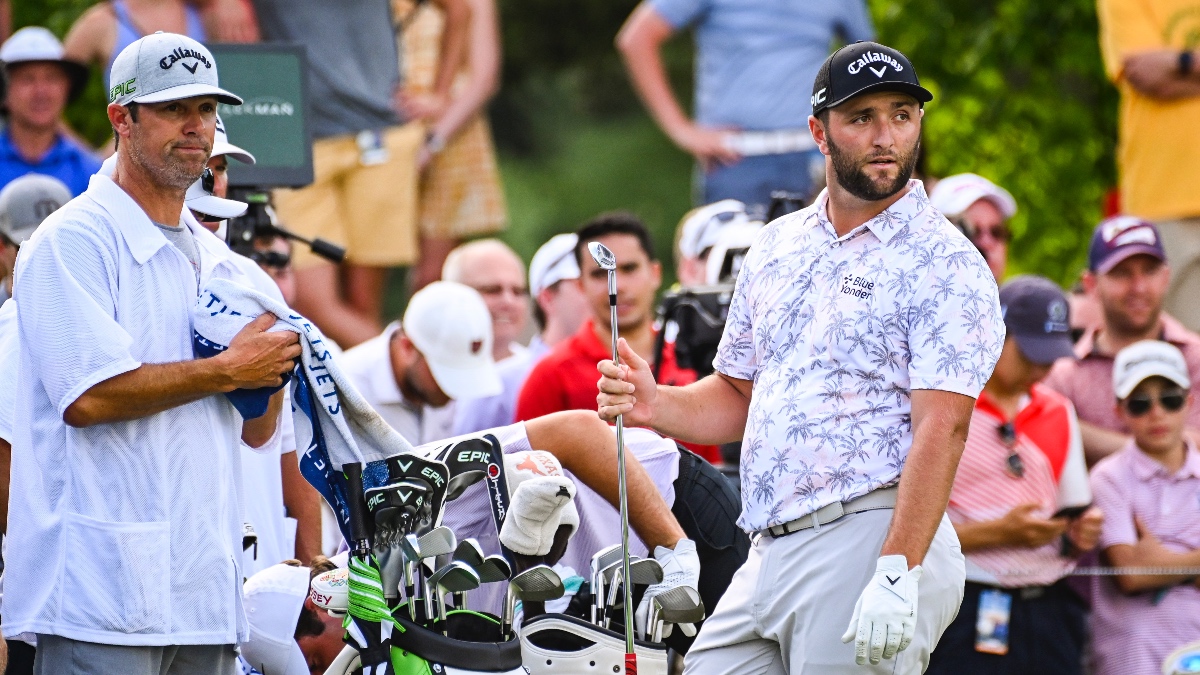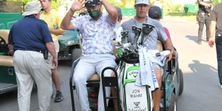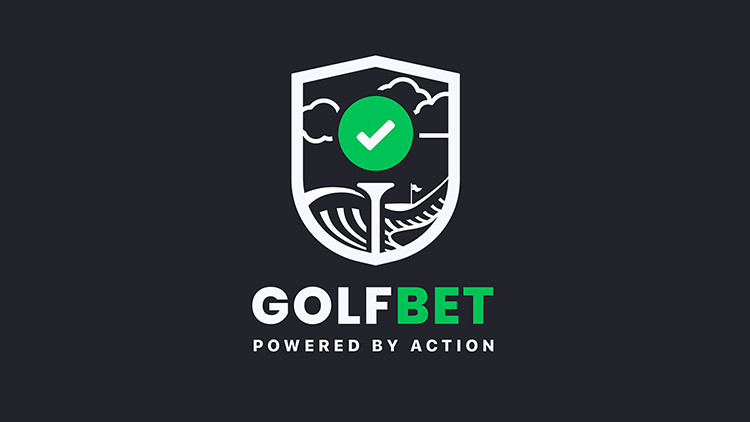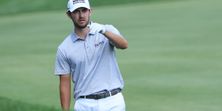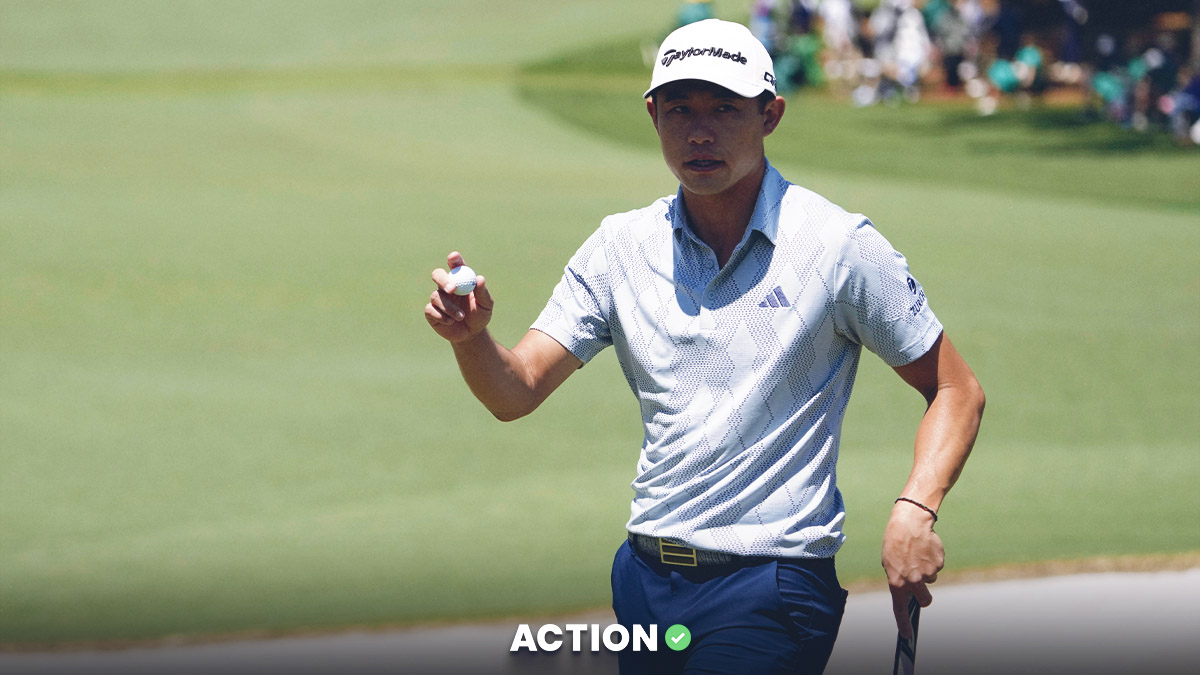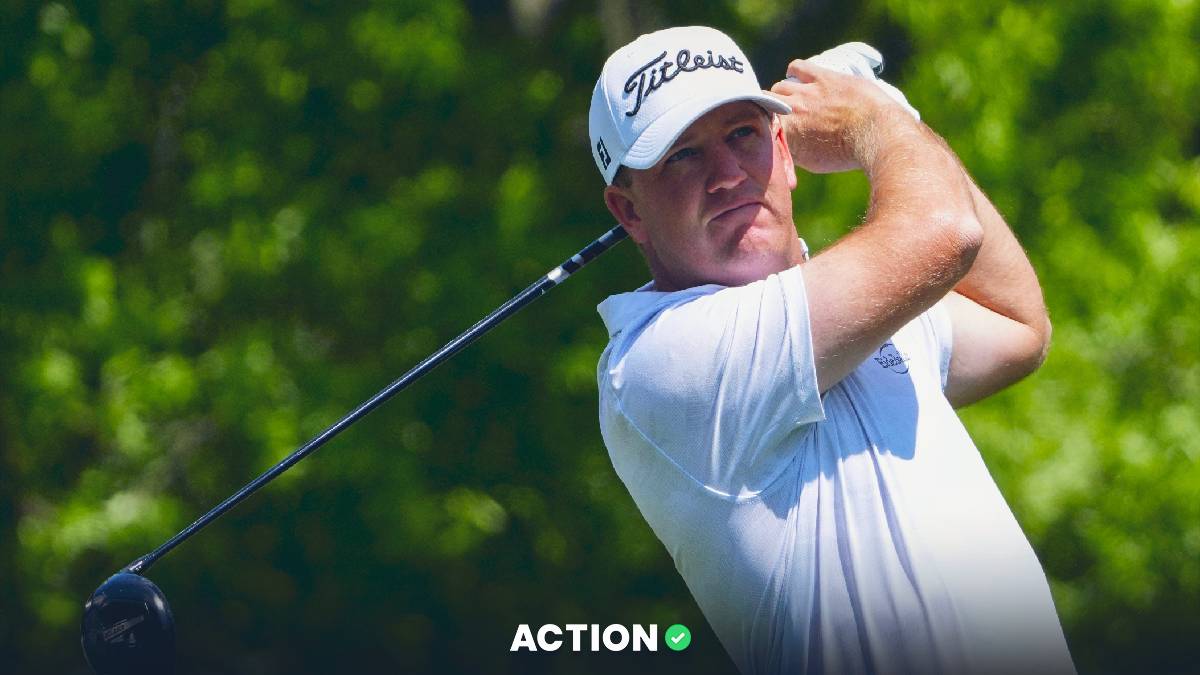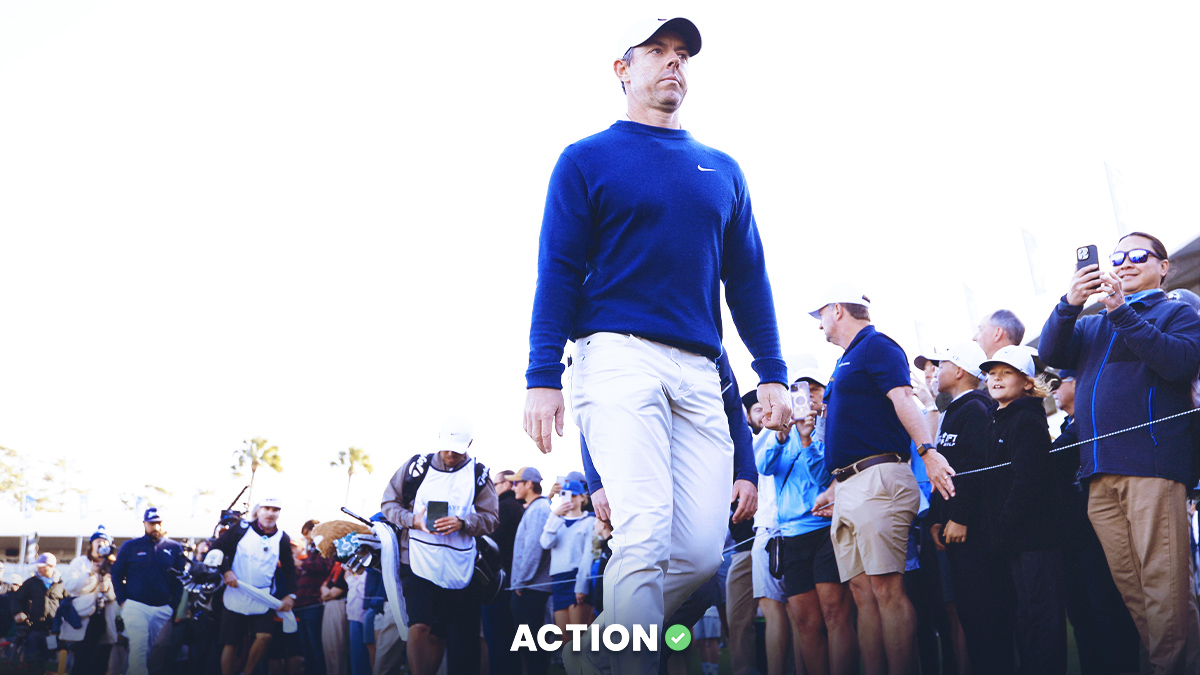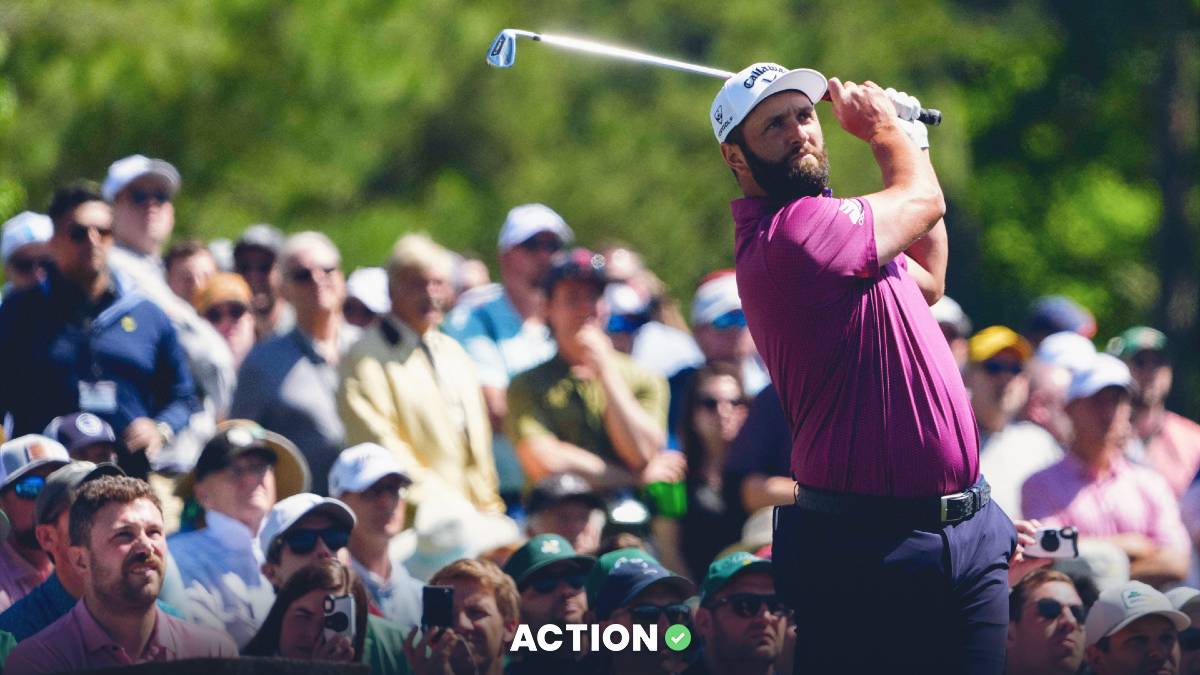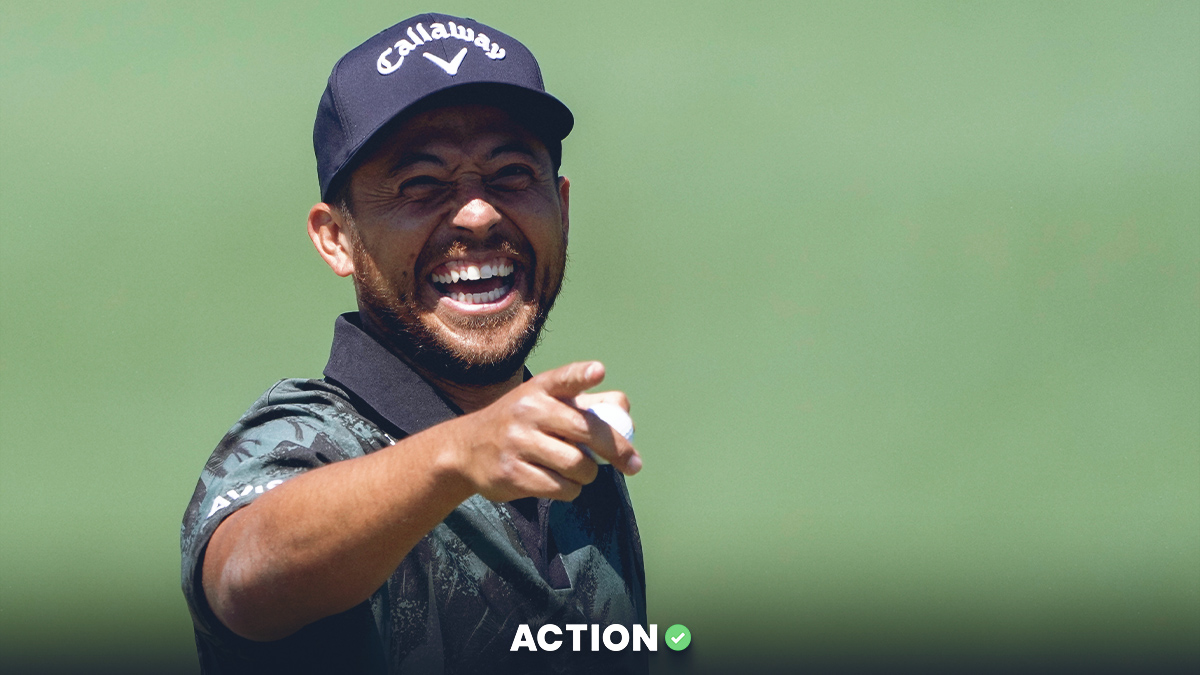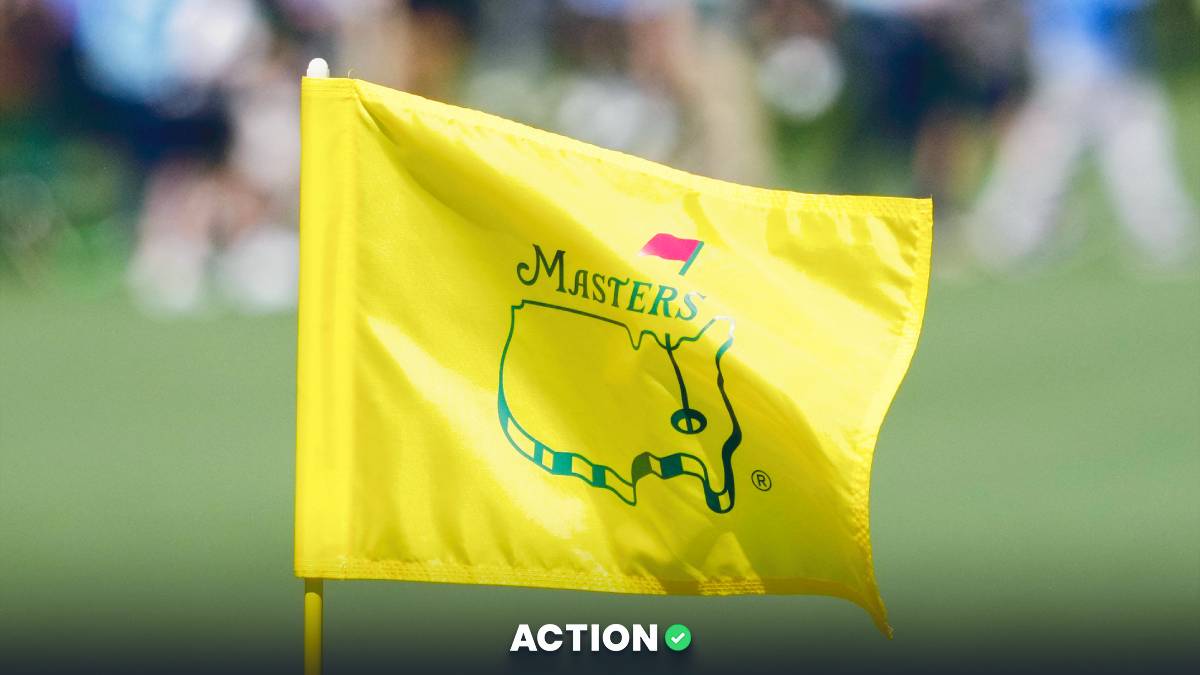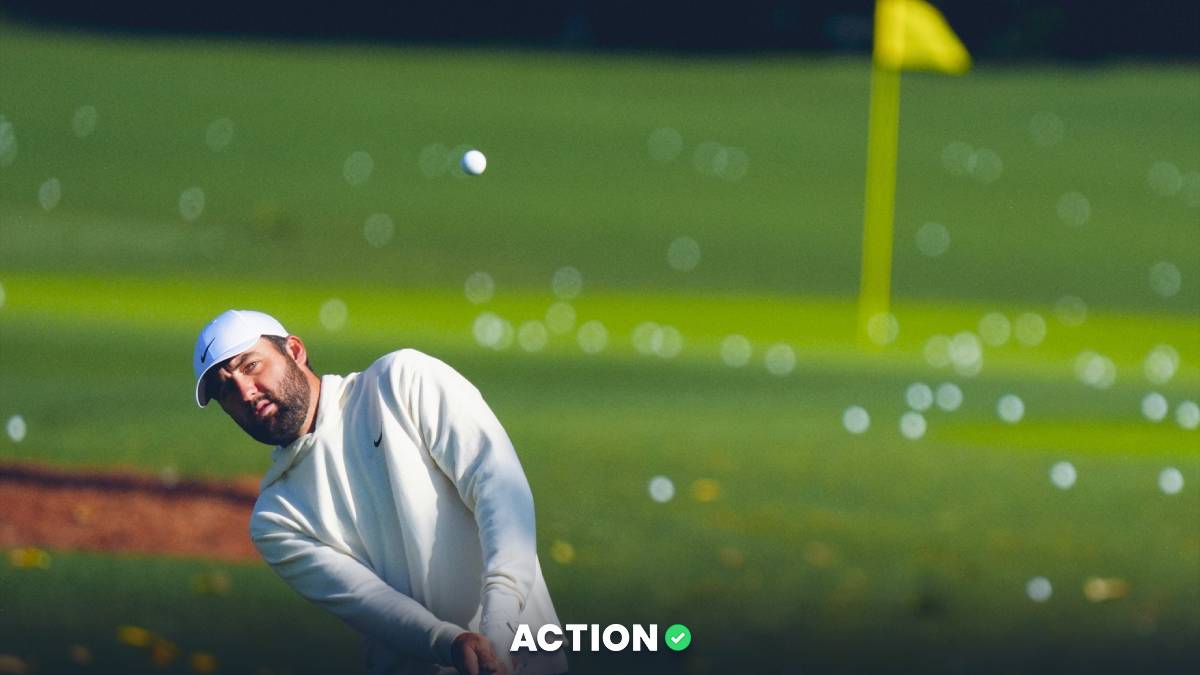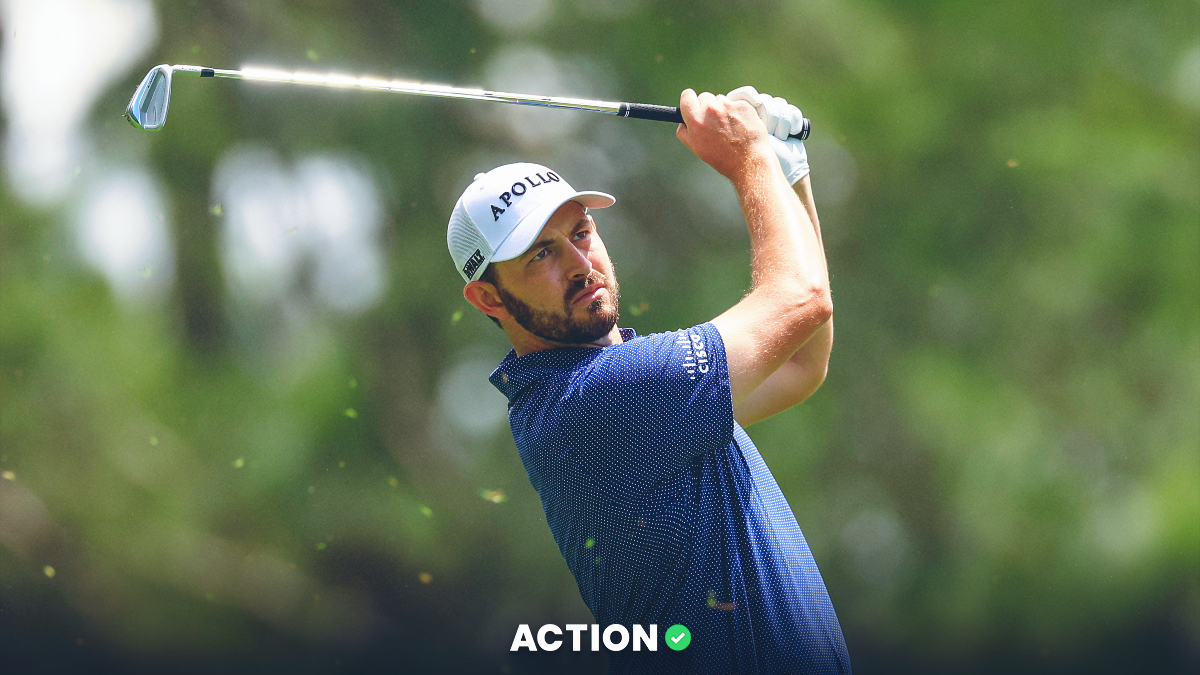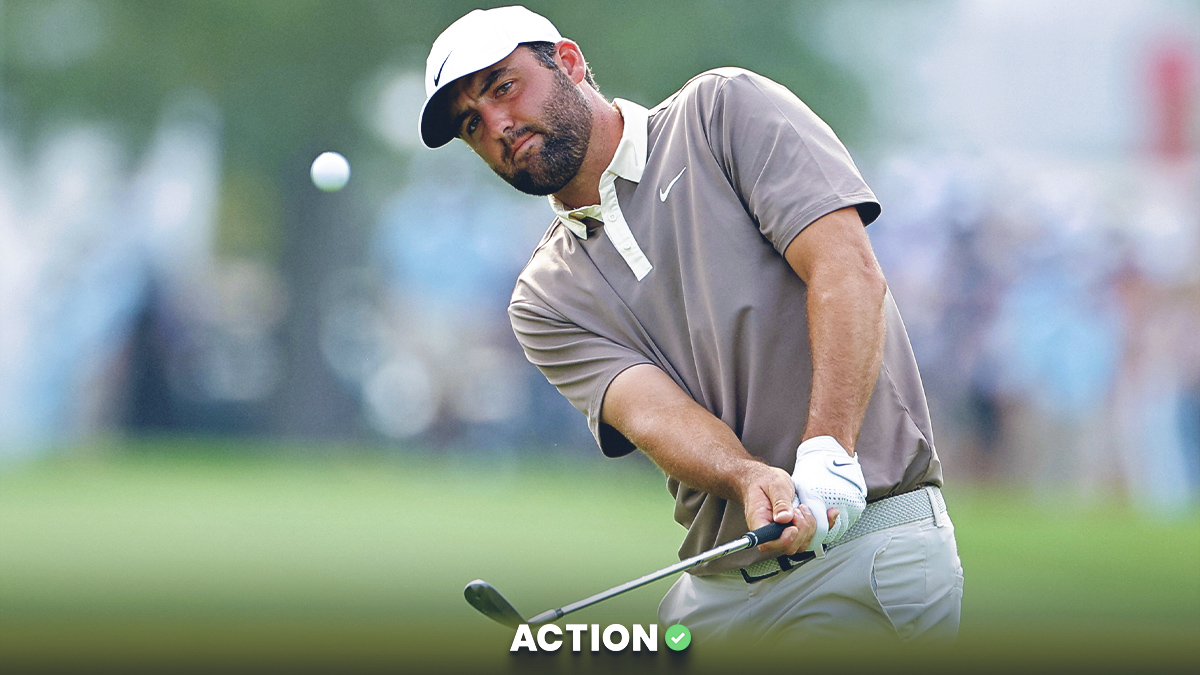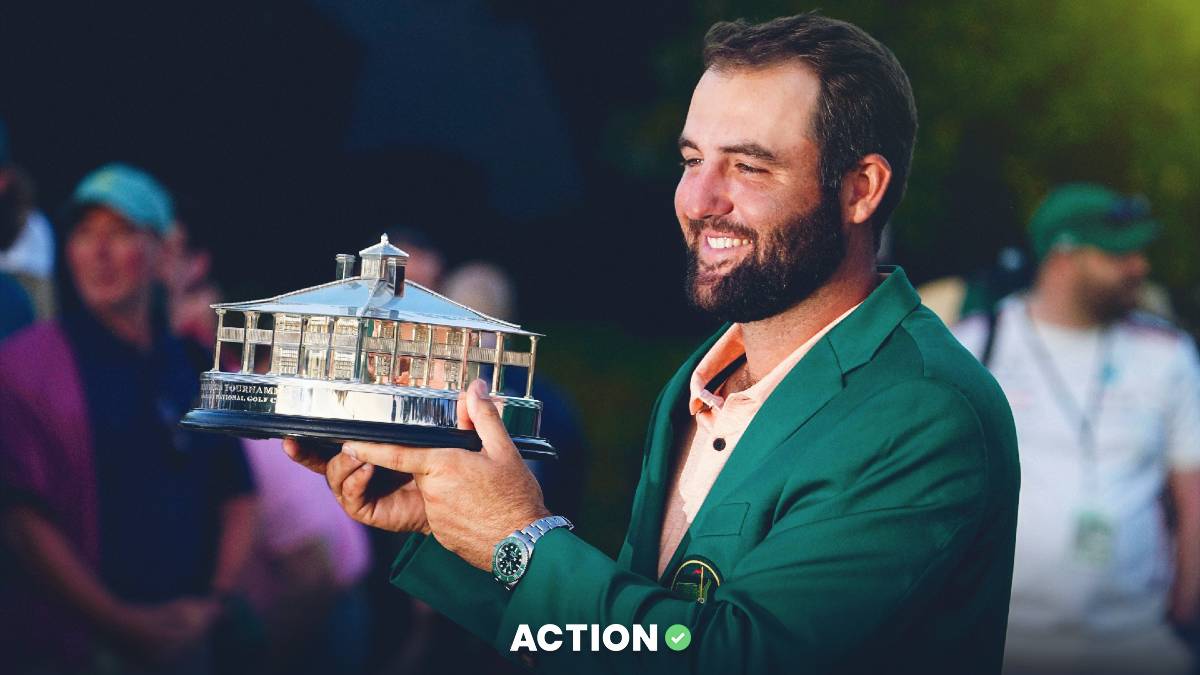At precisely 6:12 p.m. on a glorious Saturday afternoon at Muirfield Village Golf Club, Jon Rahm just barely missed an 11-foot right-to-left curling putt for birdie on the 18th hole, one of the few times his ball didn’t find the bottom of the cup on the back nine.
Even so, he remained all smiles, his third-round 64 giving him a six-stroke lead in pursuit of a successful Memorial Tournament title defense.
By 6:15 p.m., chaos had ensued.
Just a few steps to the right of that 18th green, Rahm was met by two officials wearing protective masks — one of them, we’d later learn, is the PGA TOUR’s medical director. As they started speaking with him, there was immediate concern about… something. After all, tournament officials don’t normally confront a player in this manner, in this public forum, in this situation.
It was eerily reminiscent of the conclusion to last year’s edition of this event. In that one, Rahm had also dominated, cruising to a five-stroke victory – only to be informed afterward that his ball had moved slightly before one of his shots late in the round and he was being assessed a two-shot penalty. He was still the winner, of course, but with a bitter aftertaste.
There’s a certain irony in that situation’s controversy paling in comparison to what was about to be announced in this one.
Within seconds, Rahm screamed and held his head in his hands. The thoughts of anyone witnessing this could have ranged from another post-round penalty to something much grimmer, perhaps regarding his two-month-old baby boy at home. On the CBS broadcast, Jim Nantz called Rahm’s reaction, “Just instant devastation.”
Minutes later, the world would realize just what that devastation was: Rahm had tested positive for COVID-19 and due to PGA TOUR regulations, he would be forced to withdraw from the tournament he was in the process of winning.
This was always the nightmare scenario for commissioner Jay Monahan and the PGA TOUR brass. This was always the bleakest hypothetical question that they wished they’d never have to answer.
For 52 weeks, since the much-hyped Return to Golf, very little had gone awry. The game returned in an apparent safe manner, with competitors and others tested for the virus on a regular basis.
Sure, much like every other part of society, players tested positive — dozens of them over the past year — but only on a handful of occasions when they had already played at least one tournament round and never had it been the leader of the event.
Gradually, spectators were welcomed back, too, first in small percentages of normal capacity, then in large droves, as evidenced two weeks ago at the PGA Championship, when golf’s equivalent of a mob scene swallowed Phil Mickelson and Brooks Koepka as they tried to approach the final green.
As COVID-19 numbers dwindled and vaccinations became readily available (this week, the Memorial Tournament became the first event to offer on-site vaccine shots to ticket holders), the virus became an afterthought, the Return to Golf finally morphing into a Return to Normalcy that we’d all craved.
The latest news surrounding Rahm should serve as a reminder that the situation might be fluid, but it’s still anything but normal. While the bleakest hypothetical question was answered, so many others continue to linger.
Wasn’t he already vaccinated? We don’t need to go down the rabbit-hole of Reddit message boards to understand that vaccinations are a hot-button issue right now. Many citizens decided to get their shots as soon as they were available; many others have chosen to take a wait-and-see approach.
As I reported Saturday evening, according to a source, Rahm just this week received his first vaccination shot, but only after coming in close contact with a person who’d been positive, so he was placed in the COVID-19 protocol and subject to daily testing.
Why was he allowed to continue playing? According to Andy Levinson, the PGA TOUR’s senior VP of tournament administration, the initial positive result was received at 4:20 p.m., during the third round.
Due to the fact that he couldn’t be tested again while competing, the sample was retested and deemed positive at 6:03 p.m., just as Rahm was hitting his approach shot into the final green. From there, he was allowed to finish the round before receiving the news.
How come another sample wasn’t given? Here’s where Rahm — not to mention Rahm fans, Rahm bettors and Rahm sympathizers — might take the biggest issue. While there is, as Levinson explained, “a very, very, very small chance of false positives,” which would suggest a second test should be administered, not just a retest of the same sample, he also admitted, “Unfortunately, in this case, there isn't time to establish that. What we do know is that we had an individual who had close contact, he tested positive, we re-ran the sample and came up with a positive result.”
It’s still unclear why Rahm couldn’t have been tested again after the round and only subject to withdrawal upon another positive result.
Why did they have to inform him right there? When Rahm was first told about the result, right there off the 18th green, in view of spectators and CBS cameras and in front of a live television audience, it seemed discourteous at best, a ham-handed decision to spotlight him at the worst possible moment.
Think of the alternative, though: Rahm walks past a wall of fans on his way to sign the scorecard – maybe he wears a mask, maybe he doesn’t; maybe he fist-bumps a few fans, maybe not – and then the public is alerted of the news afterward. What took place was a bad look, but the alternative might’ve been worse.
How come he can’t compete alone? In the early days of COVID-19, some players who’d tested positive, then later retested as negative, played competitive events as a single, but that doesn’t apply to this specific situation. Much like Rahm’s two-stroke penalty at this event last year, the rules are the rules — and they can’t simply bend when we want them to adjust for the sake of what feels right.
Just as the PGA TOUR can’t decide that a ball which moves before impact wasn’t advantageous and therefore isn’t subject to penalty, it similarly can’t rule that just because a player is leading by a half-dozen strokes and is likely going to win, the policy should be adjusted in his favor.
Each of these is a worthy question, but it’s the insinuation of the final one which is currently gnawing at so many: Essentially, if Rahm is a big, strong, healthy professional athlete who remains asymptomatic, then why can’t he continue to ply his craft in a safe environment?
The obvious answer, of course, is that Rahm’s life isn’t any more valuable than the elderly volunteer marshal or the susceptible spectator. Perhaps more troubling is the notion that some PGA TOUR professionals – and let’s be careful not to stereotype all of them – have approached the pandemic with relative insouciance in comparison with a large part of society.
On Sunday, I spoke with a tournament official from an event that was contested within the past two months. During that week, the official had a small gathering with players and asked how many were vaccinated. The answer? “None. It just wasn’t part of their calculus.”
If anything, the nightmare scenario which unfolded for Rahm this weekend should serve as a wake-up call for his peers, the fans and everyone else associated with tournaments moving forward.
We’re now a full year into the Return to Golf, but the Return to Normalcy has taken an untimely triple-bogey. From tightly packed spectators engulfing the final pairing at a major championship to a tournament leader testing positive, we’re still asking so many of those questions which are so difficult to answer.


